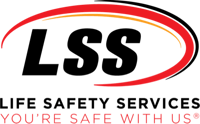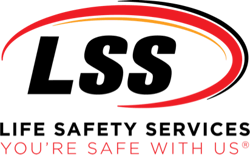Press Release:
Date: 2016-09-08
Title: CMS Issues New Emergency Preparedness Rule
Contact: press@cms.hhs.gov
CMS Issues New Emergency Preparedness Rule
The Centers for Medicare & Medicaid Services (CMS) has issued new emergency preparedness requirements for health care facilities that will require emergency plans; policies and procedures; a communication plan; and training and testing. The requirements will take effect in 60 days, and ASHE is currently preparing resources to help members manage this change.
The new CMS rule will apply to 17 different provider types, including hospitals, critical access hospitals, ambulatory surgical centers, long-term care facilities, intermediate care facilities, and rural health clinics.
The rule, which is 650 pages long, includes background on the original CMS proposal; a summary of public comments and CMS’s response to those comments; and the final regulations. The regulations for hospitals begin on page 584. A section titled “provisions of the final regulations,” which begins on page 269, outlines differences between the proposed rule and the final rule.
Click on the link to download the CMS Rule:
Previously, CMS had proposed new requirements for increased generator testing and on-site waste and sewage disposal. ASHE and the American Hospital Association (AHA) submitted public comments urging the agency not to take those steps, and CMS did not include those provisions in its final rule.
“We are pleased that CMS has taken a commonsense approach to ensuring patients continue to be cared for in times of disaster,” said Ashley Thompson, AHA senior vice president for public policy analysis and development.
CMS proposed the rule—the first emergency preparedness rule ever proposed by the agency—in December 2013. CMS said in its final rule that the new requirements will “provide consistent emergency preparedness requirements, enhance patient safety during emergencies for persons served by Medicare- and Medicaid-participating facilities, and establish a more coordinated and defined response to natural and man-made disasters.”
Our Life Safety Consultant, Rick Tinsley CHFM, CHEP, can help make sure that your healthcare facility will be prepared for any emergency. By visually inspecting for any code violations or standard infractions as well as a thorough documentation review, he can make sure that your facility will be code compliant and ready for your AHJ.

